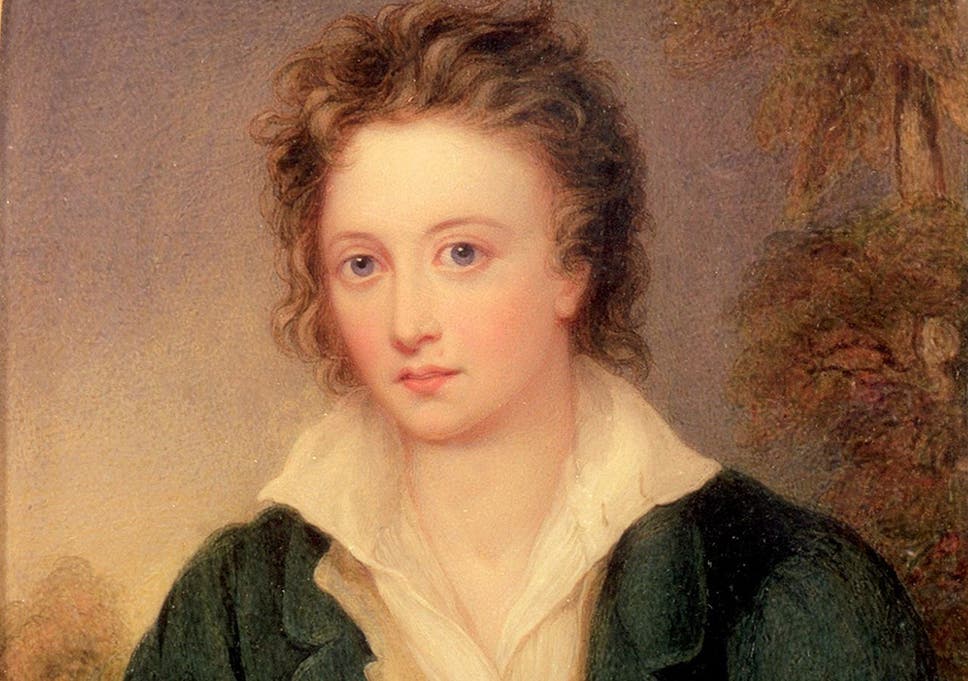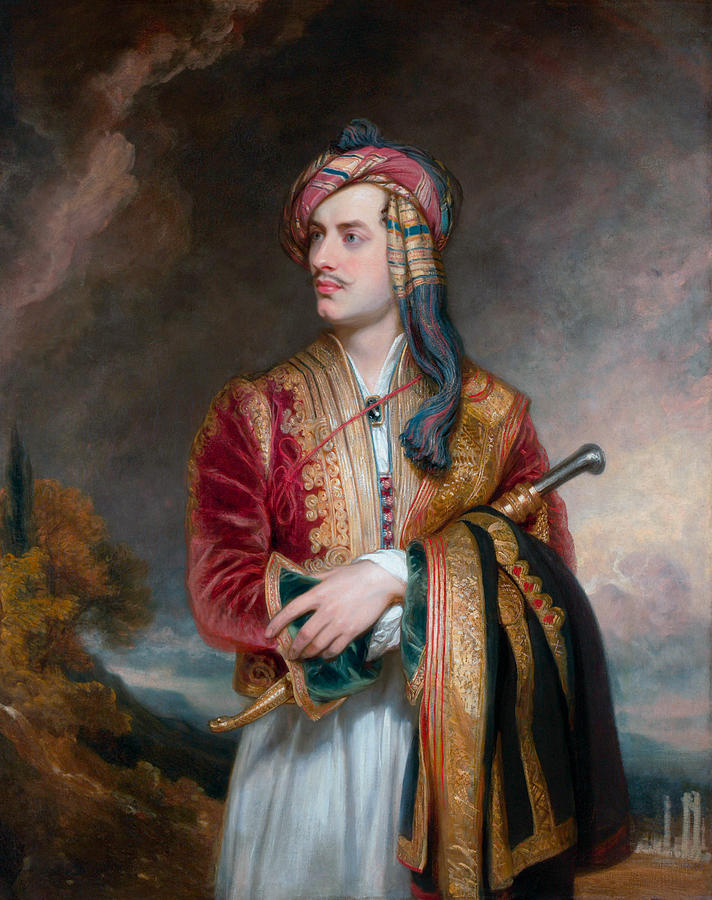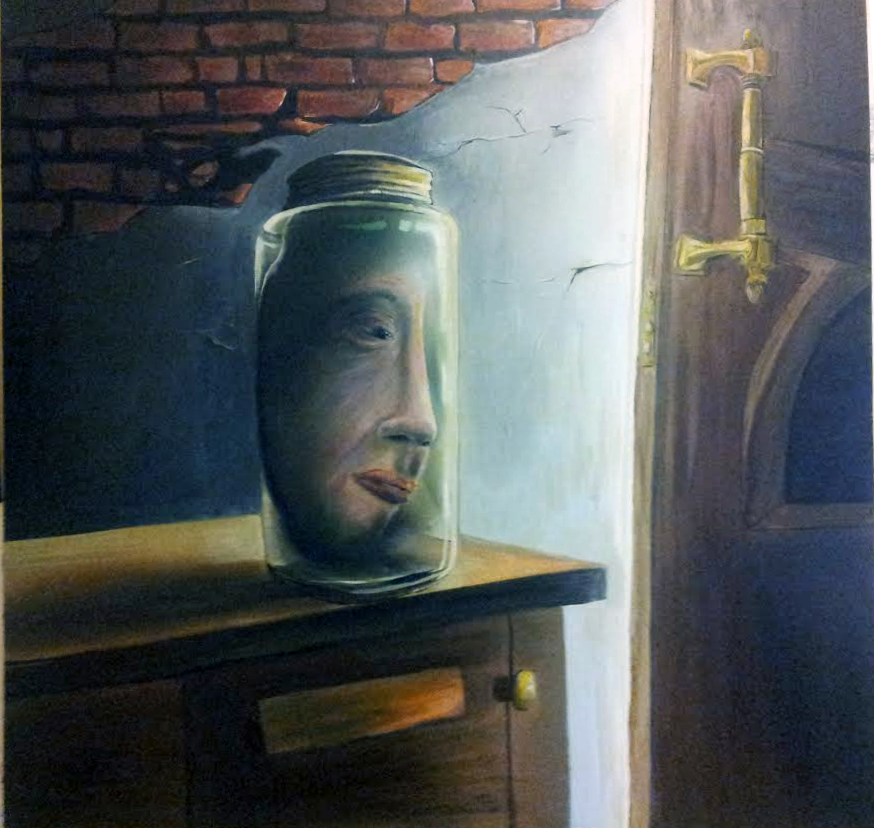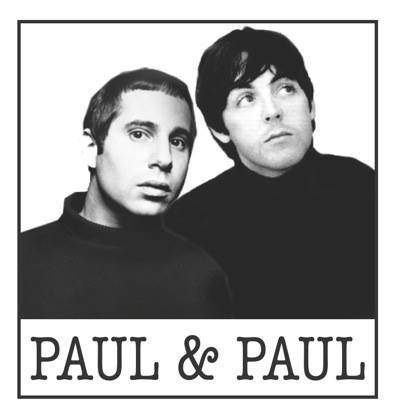
Mick and Keith. Still rocking in their 80s. Their lasting fame will be the Jagger/Richards songs.
There is no good Rolling Stones album.
From the beginning, the Rolling Stones were a touring outfit who were “sexier” than the Beatles, gaining an important niche as the anti-Beatles (even as they covered one of the Beatles songs).
The fake Stones-Beatles rivalry, engineered by Stones’ management, paid enormous dividends—mediocre Stones covers of 50s blues music climbed the charts simply due to the Stones’ image. Music is a funny thing. Most people cannot tell the difference whether a Beethoven piece is played by a different pianist or a different orchestra with a different conductor, or not. It’s just Beethoven. But in the visual performing world of rock and roll, even the simplest blues number, whether that song is performed by the Beatles or the Rolling Stones, presents a stark contrast.
In the new genre of rock and roll, performance is all. The song is nothing. Yet, paradoxically, songs, in popular music, are still the coin of the realm, and Lennon-McCartney songs, more than anything else, were the Beatles’ ticket to fame. The Stones, who made their first public splash as a cover band, lived for a while in a “beggar’s banquet.” They had to borrow songs, including one by the Beatles.
The group of ruffians called the “Rolling Stones” from a Muddy Waters tune, who were from the middle class London area, only became songwriters because Andrew Oldham, the band’s manager, felt songwriting royalties would be a valuable addition to their long-term portfolio—and, because of the Beatles “rivalry,” Lennon-McCartney meant there had to be Jagger-Richards. But who actually wrote the Stones songs has never been clear.
The untold story of the Stones song-writing is probably the most fascinating thing about the Stones.
Oldham ditched his sober, older and more experienced management partner in early 1965 for the rapacious businessman Allen Klein (who later managed the Beatles.) Bill Wyman objected. Mick Jagger was all for it.
Oldham knew Mick Jagger would be the perfect anti-Beatles front man.
Jagger certainly had a swaggering vibe which had more popular clout than the harmonious cuteness of the Beatles. Jagger and Richards had intelligence, ambition, and talent. The anti-Beatles thing was real.
Klein’s strategy, which Oldham was keen on, had two parts:
First, set up a company which took all the Stones money (which Klein invested, enriching himself).
Second, play hard ball with the Stones’ record company (Decca) and offer the Stones a great deal (but which, as written in the fine print, Klein himself controlled for 20 years.)
Klein’s plan was helped by the fact that if the Stones were paid all at once, most of it would have disappeared in taxes.
On paper, the Stones were rich—but it was Klein who was getting rich for real.
Oldham and Klein both knew what they were selling: the songwriting team of Jagger/Richards as personified by the band (for now) in person.
It was Mick and Keith who were convincing the other Stones to go along with Klein and Oldham’s swindle—mostly because the swindle involved Mick and Keith as “songwriters.”
It is probably no accident that Mick and Keith are the two surviving original Stones. Your songs are your immortality.
The band’s founder, Brian Jones quickly came to be seen as unreliable by Mick and Keith.
And more importantly, by Oldham, the manager.
Jones had more musical talent and slept with more women than Keith and Mick, but he wasn’t a businessman and had no common sense. He was a true troublemaker. His genius included impatience and laziness because everything came too easy to him. He got bored with the mother of all rock instruments, the guitar, and would play other things. He knew songwriting was essentially stealing and he couldn’t take it seriously, too hypercritical to admire anything he “wrote.” He had no filter. He had children out of wedlock. He was impulsive. He could be deeply inconsiderate and insulting, but on a whim. He didn’t hire protectors or enforcers, like Oldham did. That wasn’t Brian’s style. But unfortunately for him, he could be offensive, nonetheless. One can see it on live TV (the old Mike Douglas show) where Brian announces to the host only men like Mick. Who knows what joke Brian was trying to make—the point was, the audience back then must have been somewhat shocked and felt Mick was insulted. Brian didn’t care about things other people cared about (that was part of his genius)—and Keith and Mick not only hated him and were jealous of him, but were afraid he was going to do something in public to ruin their chance to make a fortune. Oldham felt the same way.
My making Jagger and Richards the “songwriters” (they were not the only songwriters by a long shot) Oldham could better control the two most ambitious members of the band (and the divided band to which they belonged, including Brian) and by controlling Mick and Keith, Oldham could force the Stones into deals such as the one he, as manager, made with his new partner, Allen Klein.
Oldham had a side gig, called the Andrew Oldham Orchestra—which recorded string-backed instrumentals of early 1965 Rolling Stones songs credited to Jagger/Richards. Why would Oldham, a bad boy himself and a busy manager of the baddest boys in rock, do such a thing? One can only assume he was trying to promote a source of wealth—the Jagger/Richards songwriting brand. Successful songwriters who write songs covered by others was the cash cow (following the lead of the Beatles) which Oldham imagined for his band. Songwriting prowess sealed the deal.
Did anyone think it was strange the way the Stones, a cover band, overnight, became a “Jagger/Richards” band?
The first A-side single written by the Stones (Jagger/Richards) was released in January of 1965—“Last Time,” a blatant rip-off of “This May Be The Last Time” by the gospel group The Staple Singers (1954). “Last Time” by “Jagger/Richards” went to number one just as Klein and Oldham were pushing their life-changing deal on the Stones in the spring of 1965. The Andrew Oldham Orchestra recorded “Last Time”—which was sampled by The Verve for their hit “Bittersweet Symphony.”
Allen Klein sued and won royalties for Jagger/Richards. The strings sample taken by Ashcroft of the Verve was from the Oldham Orchestra version, not the Jagger/Richards recording.
But that didn’t matter. Jagger/Richards was the brand. The shell company.
The Staple Singers version, the Andrew Oldham Orchestra version, and the Stones version all sound very different—although one can hear the chorus, words, and melody of the Jagger/Richards song in the earlier Staple Singers song.
It’s the performance, not the song.
And yet the song—no matter how sexy the band member is—is where fame and fortune lie.
Oldham was smart enough to know this. Mick and Keith learned this quickly.
Bill, the stone-faced bass player, (who helped write Stones songs) knew but didn’t really have a say in the Stones. He was older and was along for the ride. (He slept with more groupies than even Brian.)
Brian knew, resented the situation, and sunk into dionysian behavior.
The guitar riff which makes the Staple Singers rip-off and first Jagger/Richards A-side single, “Last Time,” distinctive—it’s the hook (not heard in the Staples Singers song) which gives it the “Stones sound” and makes it a hit—is played by none other than Brian Jones—the loose cannon of the band who was not given one songwriting credit. You can go on You Tube and see him playing it. It’s a 99% surety he wrote it.
The story gets more bizarre.
In May of 1965, Brian Jones was accused by a groupie of rape—which the Stones were able to make go away—and in the meantime they had Brian beaten up (in the hospital with broken ribs; the press was told he slipped by a swimming pool, an ominous precursor to Brian’s actual death 4 years later.) The very next day in that fateful month, Keith Richards (as the famous anecdote goes of him waking up and finding something on his tape recorder) came up with the crude riff to “Satisfaction,” the song hit which would propel “Jagger/Richards” to lasting fame.
The famous guitar riff of “Satisfaction” sounds eerily similar to the repeating riff played by Brian Jones in “Last Time.”
When touring became the Stones’ money-making staple starting in 1969 (the year Brian died mysteriously), song-writing, which had been important to the band for a few years, receded into the background. The Stones, or should we say, Jagger/Richards, had enough fame and enough songs to make them quite comfortable. Now all they had to do was tour—and become very rich. Brian Jones by then was certainly no longer necessary—which was probably the plan all along, once the Stones had their foot in the door.
The Stones rise to fame from 1964 to 1966 was phenomenal.
It took the Stones less than three years to go from their first recording (a Chuck Berry cover) in 1963 to issuing a greatest hits album in 1966 (with a lot of 1950s covers).
Interestingly, when the “Brian Jones Stones” flourished, the Stones (still) best and most original work (1965 to 1968) was outside the hard core blues they are—and initially were—known for.
Think of those all those great Stones songs that were soft, country, Dylan-esque or psychedelic—which sometimes didn’t fit Mick’s voice, didn’t need his dancing, or require Richards’ signature guitar work (learned from Jones). What they mainly featured was lovely parts played on obscure musical instruments by Brian Jones.
There was one, final, odd thing.
The death of the Stones’ songwriting, which coincided with the death of Brian Jones, was hailed by establishment music critics as a “triumphant return” by the Stones to their “blues roots.”
Their Satanic Majesties Request album, released in December of 1967 (the Stones somehow missed the Summer of Love) was panned for being a poor imitation of the Beatles Sgt Pepper—which it was, and yet it satisfied the function of every Stones album: one, two, maybe three worthy songs mixed in with the quickly forgotten.
Unlike the Beatles, the Stones couldn’t pull off an entire album of wonderful songs.
“2000 Light Years From Home” easily rivals anything the Stones ever wrote—the zeitgeist dragged them into psychedelia, which did not play to Mick or Keith’s strengths.
The band as a whole more than thrived when the Stones abandoned blues covers and came up with songs like “Paint It Black,” “Ruby Tuesday,” and “2000 Light Years From Home.” The failure of their 1967 album, however, was how miserably silly it sounded next to Sgt Pepper, which had been released in May of 1967. And at last it came into the open: Copycat losers of the Beatles!
But the Stones got their revenge.
Mick was a workaholic. He danced and sang and wrote lyrics, knowing he had to be better than Brian.
After Brian began to sink into drug abuse, Mick danced and sang and wrote lyrics, knowing he had to avenge the humiliation of 1967.
And Mick Jagger is still going strong.
It’s quite amazing.
Keith was known for loving the blues and hating the Stones’ psychedelic period (that period looked better on Brian) but whoever wrote the Stones songs (it is said Keith wrote almost all the music), even a lay person can peruse the sheet music of the Stones compositions and see the simple blues or folk chords, (similar to Dylan, actually) no matter the era—“2000 Light Years From Home” uses classic blues chords: E, A7, E, G, A, B, E. (!!) Was that Keith playing a sly, ironic, joke? (The blues can go anywhere baby! Even into space! Har har)
Great songwriting doesn’t require much complexity—it’s only the mystery of how a great and unique song finds it way onto a record which is what we might call complex.
The Beatles threw down a challenge with Sgt Pepper’s, their 1967 “concept album” but who met that challenge? The Who, with Tommy, Pink Floyd with Dark Side of the Moon. The album as truly coherent, an album more than an album—the Beatles initial triumph was the best of its kind. Tommy brought out good song writing in the Who, but the super-imposed story of a Helen-Keller-pinball-wizard-rock-star dragged down the concept a little. Pink Floyd’s record does not quite succeed as a whole—though parts of it are excellent. The dreamy template, without any forced “story,” but feeling like one piece, which the Beatles produced, has never been matched.
Paul McCartney had the idea to make a Beatles record in which the band would step outside of themselves as a band to self-consciously record an album without any “hits,” but an album understood as a whole, one with a beginning, a middle, and an end. The genius here is that it wasn’t about a story. It was a concept. Just having a concept is the concept—and that proved to be enough, given the superior songwriting.
Paul was a superior guy, funny, cute, a genius, and hard-driving—and worse, came across as a superior guy—and he did rub the other three Beatles the wrong way.
Paul and John both lost their mothers as teens—their success was probably due to the fact that they were forgetting personal tragedy—as they were crying out about what they had lost—in their songs.
“Yesterday” is Paul saying that despite being at the top of the world, he would trade it all just to spend one day with his mother, again. (She was a saint, and he loved her.)
The mother stuff is completely hidden, of course, by the song itself. One doesn’t have to hear “Yesterday” this way (it doesn’t mention his mother, etc)—but I’m betting this is what it’s about.
Great art is when the ‘real subject’ does not elude the author—even as the art work hides from it.
The early songwriting which made the Beatles famous was innocent.
“I Want To Hold Your Hand” starts with a guy sharing a secret with a girl—and he says, “I think you’ll understand.” And what is this secret? “I want to hold your hand.”
We live in a less innocent time now. (Not that the Beatles, then, were innocent. I’m talking about the public impression.) We tend to forget how profound and thrilling these innocent lyrics were. It was observed at the time, but doesn’t get mentioned much now.
This is why it was easy for the Stones to play their role as the sexier Beatles. (A sub-text of a lot of Stones songs was ‘nerd who couldn’t get a girl becomes long-haired rock star who now very much can.’)
The Beatles initial appeal was joyful (tinged with melancholy) innocence. “She loves you.’ Etc.
Paul, as a solo artist, finally achieved critical acclaim with the album, Band on the Run.
Paul was accused of being “silly,” and he wrote the song, “Silly Love Songs” in response. But Paul was silly. This was a legitimate criticism.
“Band on the Run,” the opening number and hit single of the album, is a good song, but compared to the work he did with the Beatles, it doesn’t quite make it.
One can see it in the lyrics.
The song fails as a work of art because Paul is not aware, as an artist, what he is writing about.
He’s not writing about “a band on the run.”
What the song is really about is Paul, the ex-Beatle, stuck in 1975, where he has lost his way, in silliness, without his band mates. He’s missing the 1960s.
It has a similar theme to “Yesterday,” but Paul must have told himself, “I will not reprise that song. I don’t want to be seen courting success by trying to write new versions of “Yesterday.” That song is sacred to me.” This perhaps inhibited Paul a little bit. “Yesterday,” feeling-wise, says a lot. It can’t be easy to say it, again.
“Band on the Run” is good, the concept OK, but the lyrics are trite and silly.
People don’t hate a person for being silly, so much as they hate a person who projects silliness—because it is felt this (superior) person secretly feels the whole world is silly compared to them.
After he left the Beatles, Paul became sillier and sillier.
“Never seeing no one… nice again,” Paul sings.
“Nice” is a trite word. What Paul really means at the beginning of “Band on the Run” is that he is trapped without seeing anyone who remembers him as he was—in the 1960s, when he was at the top of his game. It has nothing to do with “nice.” A silly word. The wrong word. And it hurts the lyric. It makes it less personal—it’s not honest; it’s Paul not acknowledging what this song is really about.
More trite lyrics: “the rain exploded with mighty crash.”
Mighty?
“Jailor man and sailor sam.”
Sailor Sam?
“I hope you’re having fun.”
Fun?
You get the idea. The general theme is fine. But John and George, if Paul brought this song to them when the Beatles were together, would have shamed him into making the song better.
The irony is that Paul, writing the song, “Band on the Run,” doesn’t realize what he is writing about is not a “band on the run” having “fun” as it escapes from its “four walls.”
The song is not as moving or poignant as it could be because Paul is not aware that the song is more personal—it is about himself stuck in 1975 and missing his fame with the Beatles—the real “band on the run.”
Or, more universally, the song, “Band on the Run,” could be about any band, including the Stones “on the run” from the band itself, from being trapped in business machinations and personal differences.
It’s not the Wings who are “on the run.”
Paul, the artist, is not aware, of what his song is truly about—which actually diminishes the quality of the song. Paul was playing out being “silly” in an unconscious act of passive-aggression (I can write silly no. 1 songs if I want).
The album Band on the Run is overrated.
Ram is better.
But of course, the Beatles are better than Wings. Multiple songwriters are always better than one.
Band on the Run is overrated and every high quality Stones album is overrated (because they all had two good songs and filler—they didn’t have what it takes to make a concept album).
Blood on the Tracks is overrated.
Bob Dylan’s New Morning is better, never mind the masterpiece, Blonde on Blonde.
“Blonde on blonde” references the famous relationship of Brian Jones and his blonde girl friend, Anita Pallenberg—(who ended up with Keith!)
Blood on the Tracks is like a diary.
New Morning is a poem, by comparison.
Dylan, too, never tried a concept album—he just wasn’t that kind of artist.
It’s not easy to say less of what you want in a song—and to make a number of them all cohere, without getting into another genre—the musical.
It’s probably impossible.
Scarriet Editors
Salem, MA




















